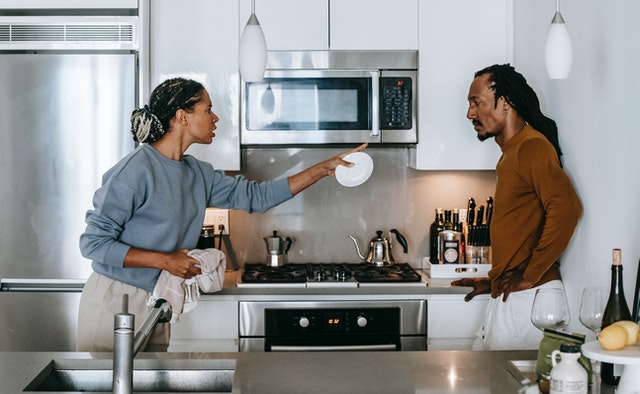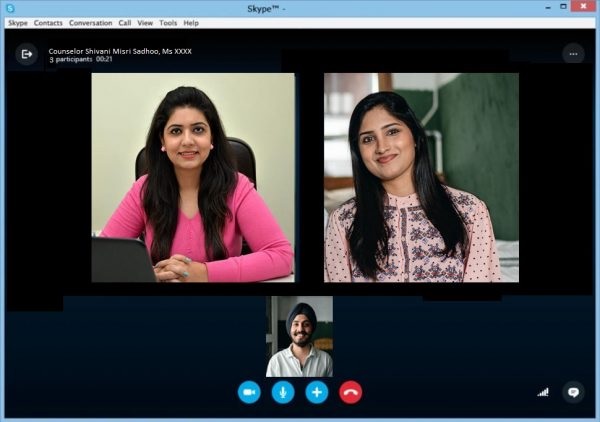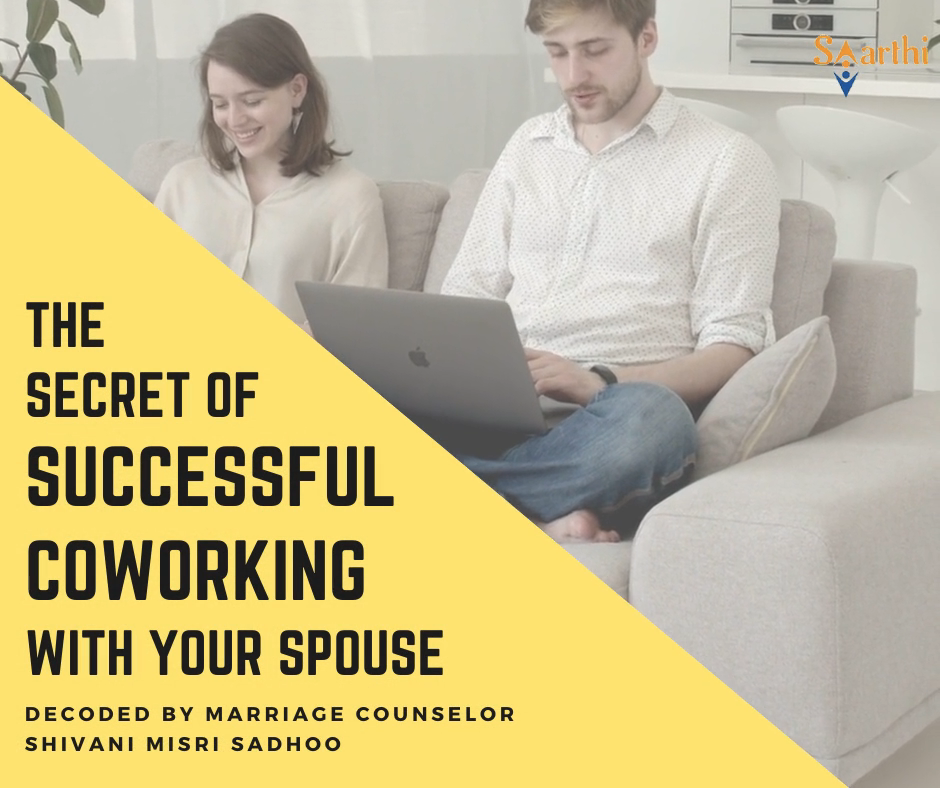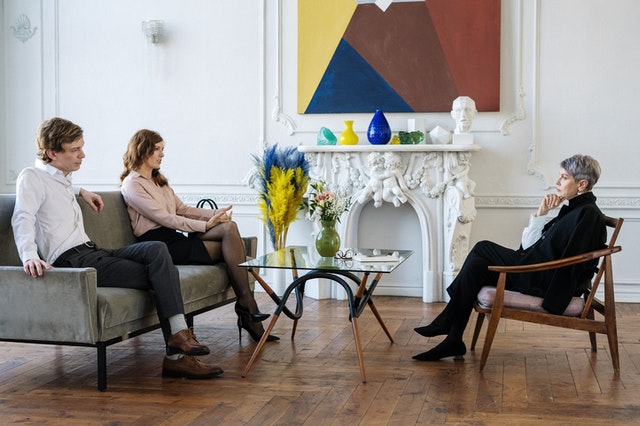It takes Two to Tango, as the saying goes. This perfectly fits the bill for a relationship to flourish. A relationship is a journey where two individuals need to live and grow in sync.
Marriage Counselor Shivani says a one-sided relationship has dire consequences for your emotional and even physical health. Once you are in one, it is very difficult to feel emotionally secure. You are constantly trying to make the relationship something that it could never be.
This conflict makes pave for stress, and stress hormones cause physical side effects including anxiety, depression, difficulty sleeping, hypervigilance, irritability and overall feeling internally keyed up. One-sided relationships take a huge toll, and yet mostly continue far longer than they ought to be.
In this blog, India’s top Marriage Counselor and Relationship Expert Shivani Misri Sadhoo is saying to take a moment to think if your relationship is one-sided and, if yes, look to overcome this pattern by trying out the things given below.
Counselor Shivani says here are some of the signs that indicate your relationship is one-sided
· You never feel safe within the relationship.
· You over-analyze and second-guess your partner’s real motives.
· You always feel you are lacking in some way.
· You always initiate deepening the relationship, to no avail.
· You do not share your real feelings with your partner.
· You feel empty post your interactions.
· You do the entire work to maintain the relationship.
· You believe you have already invested excessively in the relationship that you have to make it to keep alive and cannot leave.
· You feel that your relationship is a house of cards.
· You feel that your self-esteem depends as long as the relationship lasts.
· You do not feel genuinely known by your partner.
· You make excuses for your partner.
· You are fearful of upsetting your partner or of causing conflict.
· You settle for small bursts of connection although you crave more intimacy from your partner.
· You worry about the time you will see or talk to your partner again.
· You are always distracted by your relationship dynamics and hence, cannot focus on other dimensions of your life or be present in them.
· You enjoy moments with your partner, but once the interaction is over, you feel alone and lonely.
· You are not growing as an individual.
· You are not genuine with your partner because you look to ensure he/she stays happy with you.
· If you express yourself, your spouse turns the tables on you and you end up with a feeling that you are the cause of the entire problem in your relationship.
Counselor Shivani says if you identify or feel familiar with more of these signs then you would like, begin undoing the pattern by attempting this exercise. Ask yourself the given questions and be brutally honest with yourself:
· How many times have you repeated this pattern of one-sided relationships in your life?
· Did you ever have a one-sided relationship with a parent/friend/caregiver while growing up (in which it was always more about those than it was about you)?
· Can you see a relationship in which your needs were met, and how well that felt to you, or imagine how that may feel if you were in one?
· What keeps you acting so hard and not allowing go or moving onto something more emotionally fulfilling?
· If you are working to feel secure and complete, look for if there is another way to get these very normal basic needs met.
· If you were to call off the relationship, how would you fill the void in a manner that would be deeper and more fulfilling for you?
· Are you working to without availing on something that drains out your energy and resources without much or any payoff for you?
· Do one-sided relationships show your lack of self-esteem? Are you coupling with individuals or people who keep you stuck not feeling so great about yourself?
· What could you do that will provide more and fill your part more than this relationship?
· Can you begin to identify when you are overworking in the relationship and rather step back and let it go?
It may sound bitter or uncomfortable. But uncoupling from one-sided relationships demands work but it is possible. The initial step is to recognize that you are in one. The next is to start considering other methods you can feel good about yourself and what you need, separate from your relationship, to have a pleasant life.
Your Counselor Is Now Just Skype/Video Call Away
During the current challenging time, it’s common to experience anxiety, depression, sleeplessness, and relationship challenges at home. While you are under lockdown and maintaining social distancing norms to help the country to control COVID-19 spread, your very own counsellor Shivani is now just a call and Skype video call away from you.
However, in this age of coronavirus, we hope to offer our therapeutic help. Change is difficult for all of us and changing the way you meet with your therapist is no exception. But try it before you disregard this option. This is a challenging moment in time, and fears and anxieties are running high.
You may find, telepsychology isn’t a second-rate option. Instead, it’s an effective and efficient upgrade to a valuable service!
Feel free to call Counselor Shivani Misri Sadhoo at +91-8860875040 for telephonic or video support and to book an online counselling session to address any relationship issues, emotional and psychological challenges.









